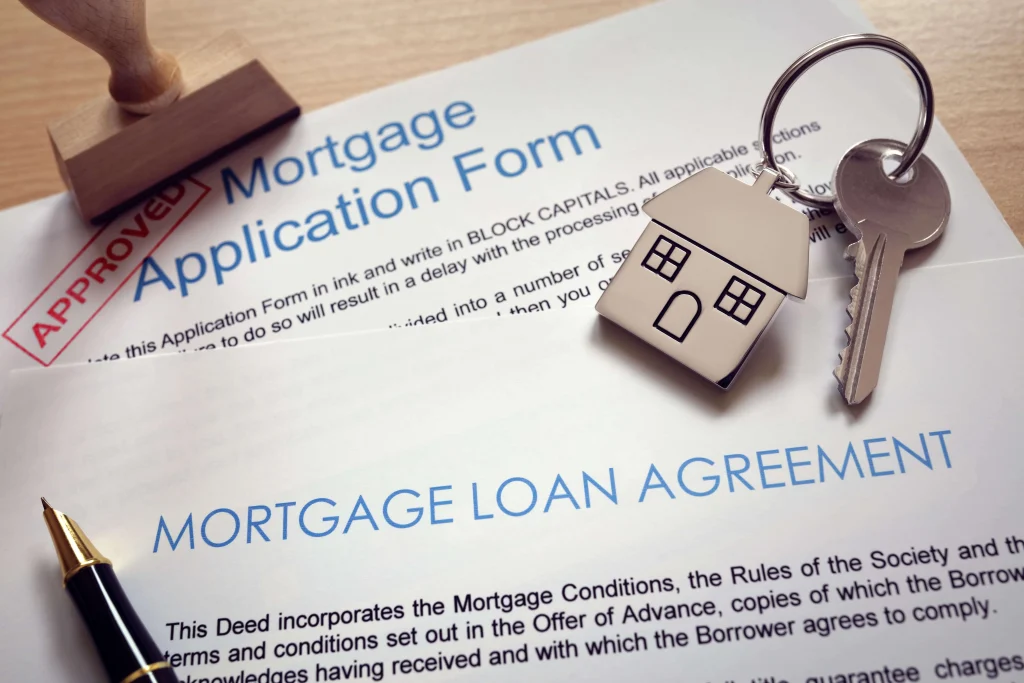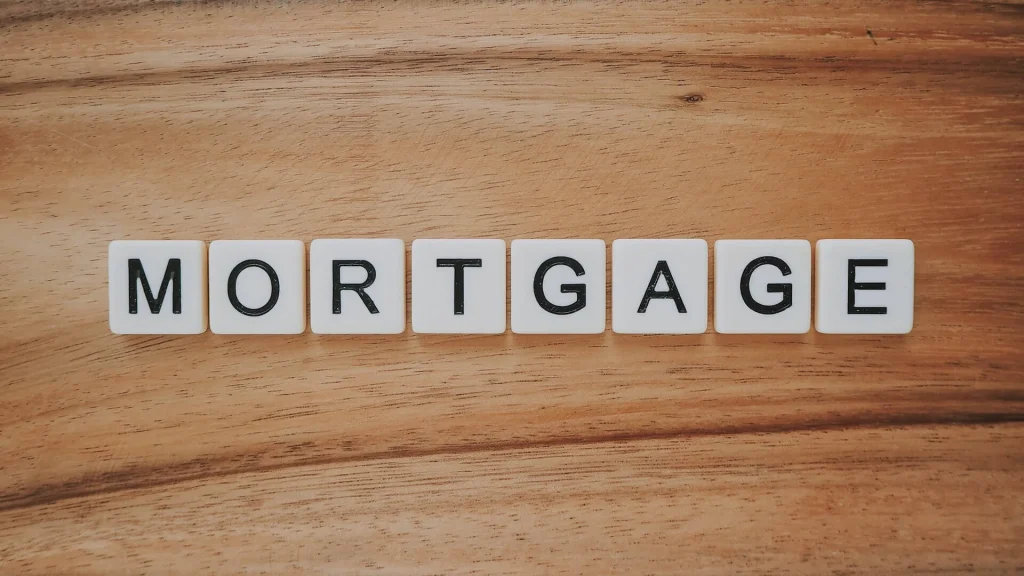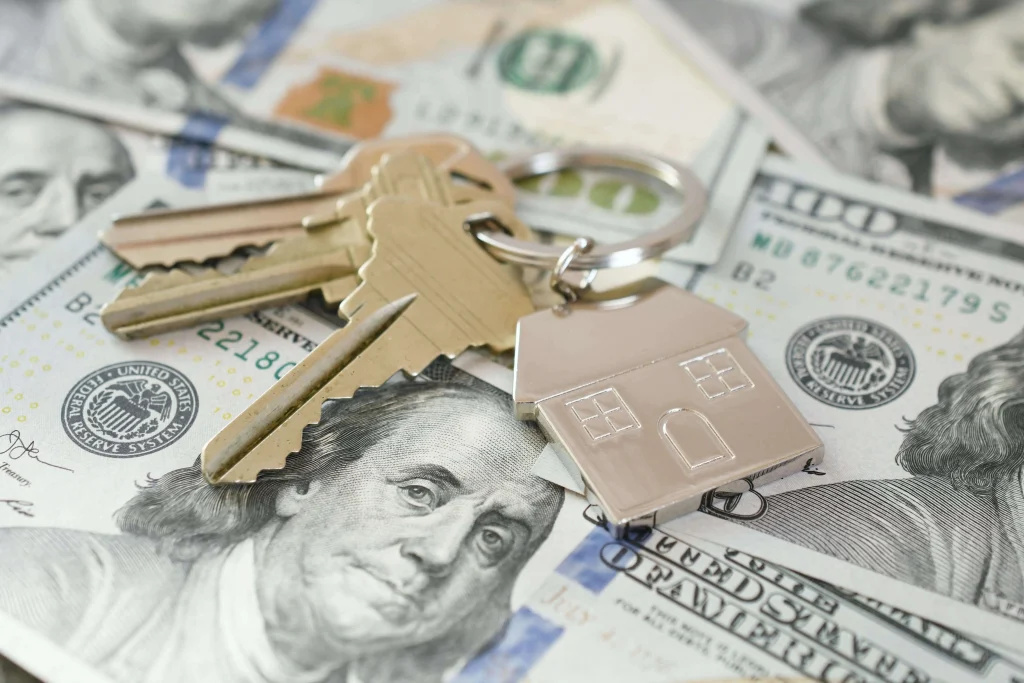Your home is a financial commitment, and so are your other potential real estate investments like the Daang Hari house and lot for sale that you’ve been eyeing for a while. While some people purchase real estate for their own use, some investors also take advantage of the chance to build equity considering that one of the ways you may leverage your investment with your home is by refinancing your mortgage.
There are a number of reasons to refinance, such as receiving cash from your house, minimizing your payment, and shortening the length of your loan term. However, not everyone knows the real meaning of refinancing your mortgage and what factors to consider before doing so. This article will mainly address these topics in order to educate readers who are interested in learning more before acting, and in order to prevent regrettable acts by careless and impulsive investors.

What Does Refinancing a Mortgage Mean?
When you refinance your mortgage on your home, let’s say the Daang Hari house and lot for sale as an example, you essentially exchange your old loan for a new one with an entirely new principal and an updated interest rate. You are then left with just one loan and one monthly payment once your lender pays off the older mortgage.
There are a few causes for mortgage refinancing, some people use their home equity with a cash-out refinance, or consider a rate and term refinance to achieve a better interest rate and/or lower monthly payment. Refinancing could also be utilized to remove a cosigner from the mortgage, which frequently occurs in divorce cases. You may also include a borrower in the mortgage.
Despite having many of the same stages as buying a property, the refinancing process can be considerably more straightforward. Although the time frame for your refinances can be difficult to forecast, it usually takes 30 to 45 days.
Furthermore, when undergoing a mortgage refinance, there are certainly more details you should be aware of or evaluate:
Things to Know When Refinancing Your Existing Loan:

Understanding the Equity in Your Home
Calculating your home equity will be the very first bit of information you need to analyze. It makes no sense to refinance your mortgage if the current value of your Daang Hari house and lot for sale is less than the value at the time your mortgage was first taken out (this is referred to as being in negative equity).
Find out Your Credit Score
In the past few years, mortgage lenders have stepped up the requirements for approving loans. Some consumers might be shocked to learn that, despite having excellent credit, they may not always be eligible for the lowest interest rates. To be eligible for the lowest mortgage interest rates, mortgage lenders typically require a credit score of at least 760. Borrowers having lower scores might still be able to get a new loan, albeit they might have to pay more in fees or a higher interest rate.
Determine your Debt-to-Income Ratio.
You might think that it will be simple to obtain a new mortgage loan if you already have one. However, lenders have also stepped up their requirements for debt-to-income (DTI) ratios in addition to raising the bar for credit ratings. While some criteria, including earning a high income, a long and solid work history, or significant savings, may help you qualify for a loan, most lenders want to keep the monthly mortgage payments at no more than 28% of your total monthly income.
Your DTI ratio should be 36% or below overall, though some lenders will allow up to 43% if there are some extra positive characteristics. Thus, before refinancing, you might want to pay off some debt to qualify.
Fees Associated with Refinancing
Borrowers can find a number of strategies to lower the fees associated with refinancing their mortgage, which typically runs from 3% to 6% of the entire loan amount. You can incorporate the fees into your new loan if you have adequate equity (and hence expand the principal). A “no-cost” refinance is something that some lenders offer, but it typically implies that you have to pay an interest rate that is slightly greater to offset the closing costs. Keep in mind to make offers and compare offers because certain refinancing fees may be covered by the mortgage lender or even waived.
Rate and Term Refinancing
Although many borrowers concentrate on the interest rate, it’s crucial to identify your objectives when you perform a mortgage refinancing so that you may choose the mortgage package that best suits your needs. If you want to get lower monthly mortgage payments, you must additionally search for a mortgage deal with the lowest interest rates offered over the longest duration.
Borrowers additionally take a look for the lowest interest rate at the shortest duration if they would like to pay lower interest rates throughout the term of their loan. The shortest-term mortgage with payments you are capable of paying is what borrowers should seek if they want to settle off the debt as quickly as possible. You may view the effect of various rates on your monthly payment with a mortgage calculator.

Points for Refinancing
Take the time to compare the interest rates and the points while evaluating different mortgage refinancing options (s). Points, which are equal to 1% of the loan balance, are frequently given to lower the interest rate. As points are paid at the closing or rolled into the principal of your new loan, it is important to assess how much you will pay in points for each loan.
Be Aware of Your Break Even Point
The breakeven point, or the point at which your monthly savings have offset the expenses of refinancing, is a significant calculation in the decision to refinance. Your monthly savings are thereafter yours exclusively following that.
Insurance for Private Mortgages
Private mortgage insurance (PMI) will be necessary for homeowners who refinance with less than 20% equity in their property. This won’t affect you significantly if you are already paying PMI for your current loan. But, some homeowners may find that if they perform a refinance mortgage, they will have to pay PMI for the initial period because their properties have lost value since the purchase date.
Moreover, it is possible that the lower payments brought on by a refinance won’t be sufficient to cover the increased PMI costs. Lenders can easily determine whether you need PMI and how much it will raise your monthly mortgage payment.
Gain Knowledge about Taxes
Several individuals have been relying on their mortgage interest deductions to decrease their income tax payments. Your tax deduction can be less if you refinance and start paying less interest (it’s vital to remember that few individuals consider it to be a sufficient excuse to forgo refinancing).
Nevertheless, it’s also likely that the interest deduction will be greater during the initial years of the loan (when the interest component of the monthly payment is more than the principal). The size of your loan, which results from taking out cash or adding closing costs, will also have an impact on the interest rate you pay.
Read more: The Different Types of Mortgage


